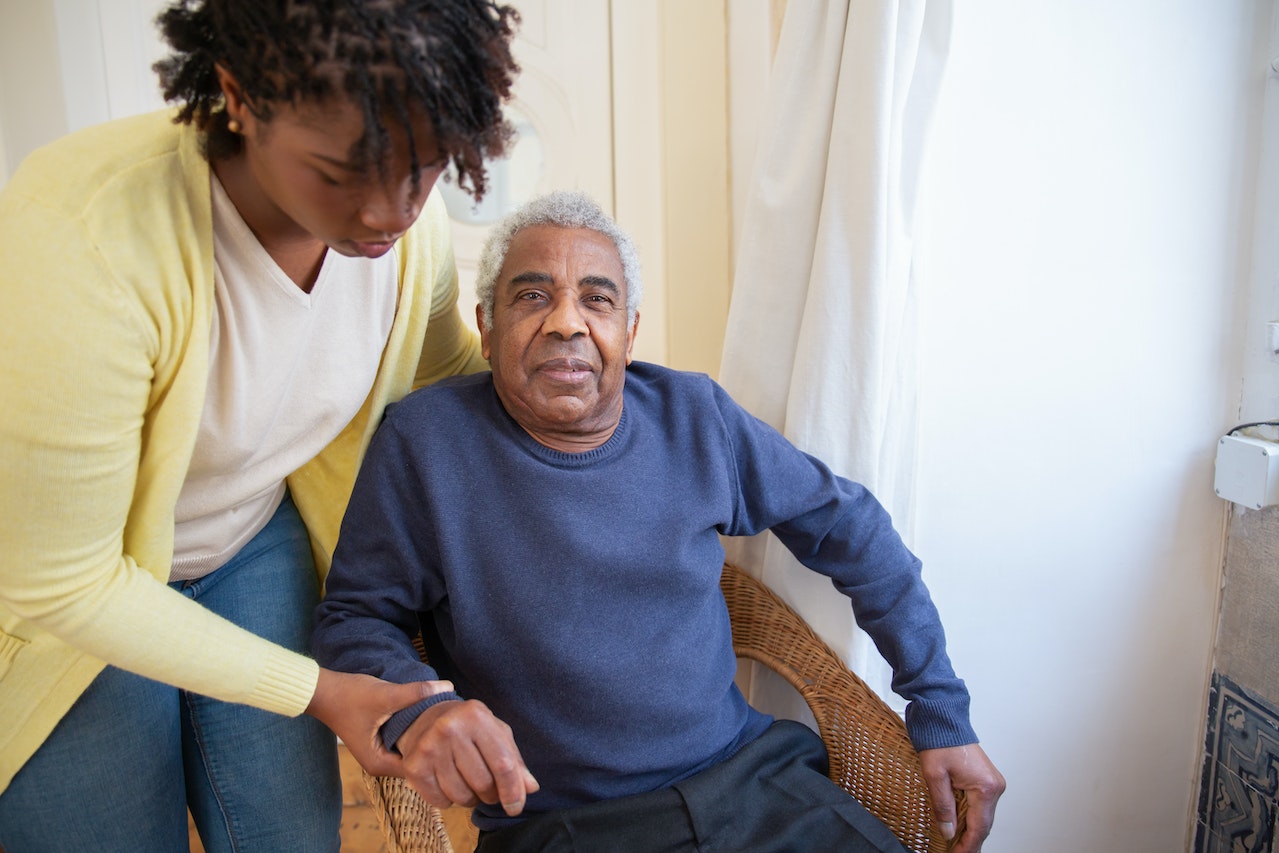
Balancing Caregiving and Self-Care.
It is typical for our aging parents’ health and wellbeing to demand more assistance. Although taking care of elderly parents can be satisfying, it can also be difficult on our own mental health. Maintaining our wellbeing requires striking a balance between our caregiving duties and time for self-care. We will examine the effects of aging parents on mental health in this blog and go over methods for striking a healthy balance.
Understanding the Emotional Impact.
Stress, shame, despair, and even hatred can arise from providing care for elderly parents. It’s critical to recognise these emotions and realize that they’re common. To avoid them having a detrimental impact on your mental health, the key is to deal with them in a healthy way.
Recognizing Caregiver Burnout.
Risk of burnout is one of the biggest obstacles in providing care. When caregiving needs outweigh the available resources and support, caregiver burnout happens, resulting in physical, emotional, and mental tiredness. Fatigue, anger, retreat from social interactions, and disregard for personal needs are typical symptoms of burnout.https://pameladwilson.com/emotional-effects-of-caring-for-an-elderly-parent-caring-for-aging-parents-caregiving-blog/
Prioritizing Self-Care.
Prioritizing your own well-being is essential if you want to provide care effectively. Stress might increase and mental health can deteriorate as a result of not taking care of your needs. Maintain a healthy lifestyle, schedule time for enjoyable activities, exercise self-compassion, and, as necessary, ask friends, support groups, or a counselor for help.

Setting Realistic Expectations.
Caregivers frequently place a great deal of pressure on themselves to fulfill irrational expectations. Realize that you need help sometimes and that it is good to ask for it. Share the caregiving duties by assigning jobs to other family members, looking into local resources, and thinking about hiring professional help.https://www.ncbi.nlm.nih.gov/pmc/articles/PMC1267585/
Seeking Support and Connection.
Giving care can be a lonely endeavor. Creating a support system is crucial for preserving mental health. Through support groups, internet forums, or local organizations, you can get in touch with other carers. Sharing knowledge and suggestions with like-minded people may be a huge source of emotional support.

Taking Breaks.
Take regular breaks from caring for others. Although it may be challenging at first, taking a break is essential for recharging and avoiding burnout. Take part in relaxing and restorative activities, such as hobbies, exercise, or quality time with loved ones. Take into account choices for respite care, which offers temporary caregiver assistance.https://psychcentral.com/lib/aging-parents-and-your-emotional-well-being#1
Seeking Professional Assistance.
If you feel overwhelmed or if your mental health is deteriorating, do not be reluctant to seek professional help. A therapist or counselor may give you a safe place to vent your feelings, help you come up with coping mechanisms, and provide insightful advice on how to handle the stress that comes with being a caretaker.

Conclusion.
In order to maintain a good balance when caring for elderly parents, it is crucial to put self-care first. Recognize your feelings, prevent caregiver burnout, establish reasonable expectations, seek support, take regular breaks, and, if necessary, think about seeking professional help. Keep in mind that by caring for yourself, you will be better able to give your aging parents the support and care they need.https://www.laservices.ca/blog/how-caring-your-elderly-parent-impacts-your-health


